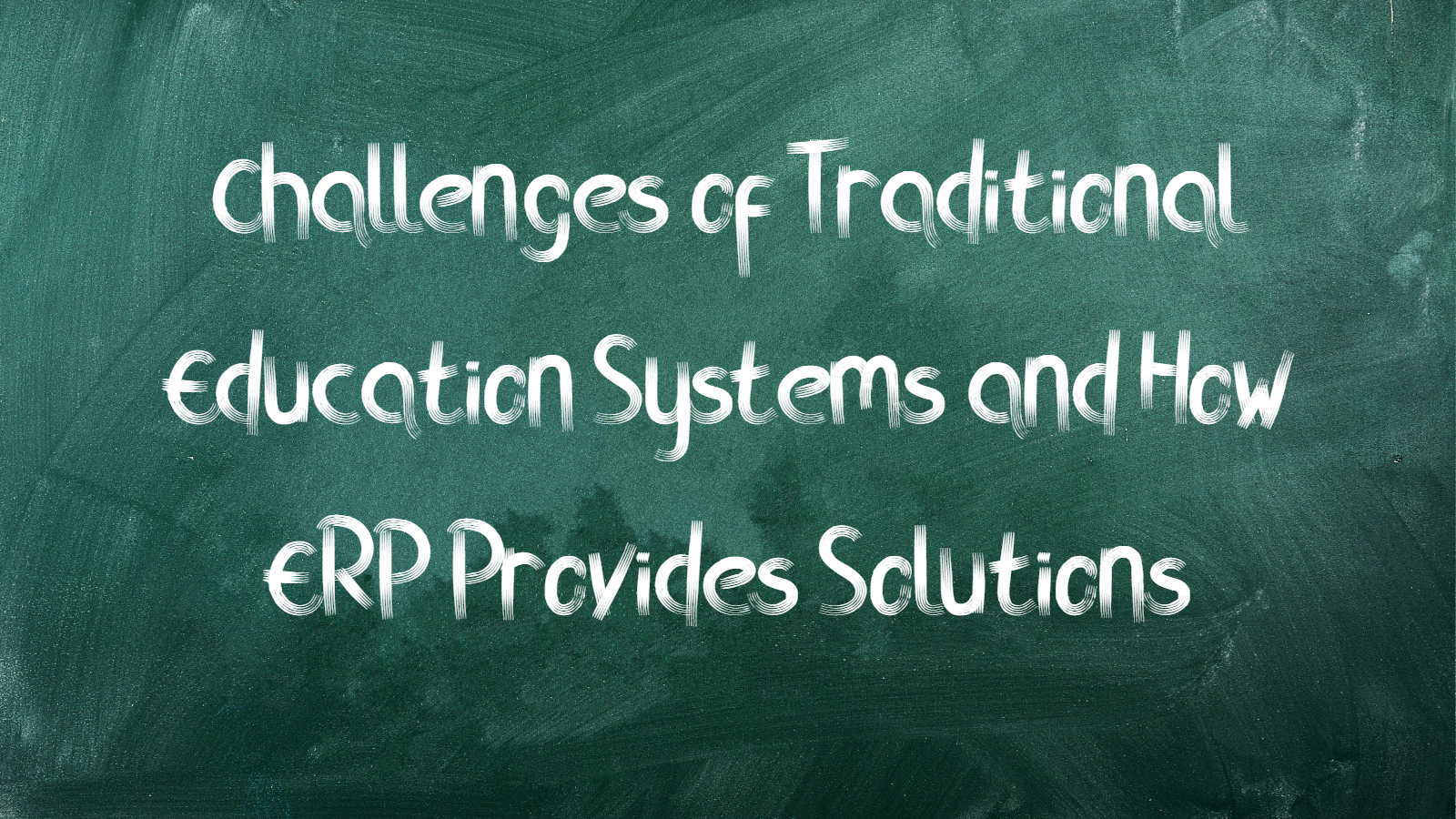Introduction
In the dynamic realm of business, where relationships are the cornerstone of success, managing customer interactions is a pivotal task. This is where Customer Relationship Management (CRM) systems step in, serving as the linchpin that binds businesses and their clientele. CRM has evolved over the years, and today, we’ll delve into the three primary types of CRM systems and the myriad benefits they bring to the table.
Understanding CRM
At its core, Customer Relationship Management (CRM) is not just a software solution; it’s a strategic approach aimed at understanding, engaging, and nurturing relationships with customers. The ultimate goal is to drive growth and enhance customer satisfaction by leveraging data and insights.
The Three Types of CRM
Operational CRM
Operational CRM focuses on optimizing and streamlining various customer-facing processes. This includes sales automation, marketing automation, and service automation. Through operational CRM, businesses can effectively manage their day-to-day interactions with customers, ensuring a seamless experience across touchpoints.
Statistics show that companies utilizing operational CRM witness a 10-20% increase in sales productivity on average. This type of CRM system not only enhances efficiency but also empowers teams to make data-driven decisions, leading to improved customer satisfaction.
Analytical CRM
While operational CRM deals with day-to-day operations, analytical CRM dives into the wealth of customer data to derive valuable insights. This type of CRM system is all about data analysis, helping businesses understand customer behaviors, preferences, and trends.
According to a recent study, companies that implement analytical CRM systems experience a 15-20% increase in customer retention rates. By harnessing the power of analytics, businesses can tailor their strategies, predict customer needs, and personalize interactions, ultimately fostering stronger and more enduring relationships.
Collaborative CRM
As the name suggests, collaborative CRM revolves around fostering collaboration and communication among different departments within a company. It ensures that everyone across the organization is on the same page when it comes to customer interactions.
Research indicates that businesses employing collaborative CRM witness a 20-25% reduction in response times to customer queries. By breaking down silos and promoting cross-functional collaboration, this type of CRM system enhances overall customer experience and strengthens internal communication.
Benefits of CRM
Now that we’ve explored the three types of CRM systems, let’s delve into the overarching benefits that these platforms offer:
Improved Customer Satisfaction: CRM systems, by providing a 360-degree view of customer interactions, enable businesses to meet and exceed customer expectations, leading to higher satisfaction rates.
Enhanced Efficiency: Operational CRM automates routine tasks, saving time and resources, while analytical CRM provides insights that guide strategic decision-making, collectively boosting efficiency.
Increased Sales and Revenue: The streamlined processes and personalized approaches facilitated by CRM contribute to increased sales productivity and, consequently, revenue growth.
Better Customer Retention: With insights from analytical CRM, businesses can proactively address customer needs, reducing churn rates and fostering long-term loyalty.
Conclusion
In the complex world of modern business, the role of CRM systems cannot be overstated. The three types of CRM – operational, analytical, and collaborative – each play a crucial role in ensuring businesses not only survive but thrive in an intensely competitive landscape. By embracing CRM, companies can forge stronger connections with their customers, drive growth, and stay ahead of the curve in today’s ever-evolving market.
Frequently Asked Questions (FAQs)
What is CRM, and why is it important for businesses?
CRM, or Customer Relationship Management, is a strategic approach and a set of technologies that help businesses manage interactions with their customers. It’s crucial for fostering strong customer relationships, enhancing satisfaction, and driving overall business growth.
What are the main types of CRM systems, and how do they differ?
There are three primary types of CRM systems: Operational CRM, Analytical CRM, and Collaborative CRM. Operational CRM focuses on day-to-day processes, Analytical CRM delves into data analysis for insights, and Collaborative CRM fosters internal collaboration for better customer interactions.
How does Operational CRM benefit businesses?
Operational CRM streamlines customer-facing processes, such as sales, marketing, and service automation. This leads to increased efficiency, data-driven decision-making, and ultimately, improved customer satisfaction.
What role does Analytical CRM play in business strategies?
Analytical CRM is all about deriving insights from customer data. It helps businesses understand customer behaviors, preferences, and trends, enabling personalized strategies, predicting needs, and ultimately increasing customer retention rates.
How does Collaborative CRM enhance communication within a company?
Collaborative CRM fosters communication and collaboration among different departments. By breaking down silos, it ensures everyone in the organization is on the same page when it comes to customer interactions, leading to faster response times and improved overall customer experience.
What are the overall benefits of implementing CRM systems?
Implementing CRM systems results in improved customer satisfaction, enhanced operational efficiency, increased sales and revenue, and better customer retention. It provides businesses with a comprehensive toolset to build and nurture lasting relationships with their customers.
How can CRM systems contribute to personalized customer experiences?
CRM systems, especially Analytical CRM, provide businesses with insights into individual customer preferences and behaviors. This information enables businesses to tailor their interactions, messages, and offerings, creating a more personalized and meaningful customer experience.
Is CRM only suitable for large enterprises, or can smaller businesses benefit as well?
CRM systems are beneficial for businesses of all sizes. Many CRM solutions are scalable, allowing smaller businesses to adopt the functionalities that suit their needs and budgets. CRM is a versatile tool that can be tailored to fit the specific requirements of different business scales.
What is the impact of CRM on sales productivity?
CRM, particularly Operational CRM, contributes to increased sales productivity by automating routine tasks, providing a centralized platform for managing leads and opportunities, and enabling sales teams to focus on high-value activities. This leads to more efficient and effective sales processes.
How can businesses measure the success of their CRM implementation?
Success in CRM implementation can be measured through various key performance indicators (KPIs) such as increased customer satisfaction scores, higher conversion rates, reduced response times, and improved customer retention. Regularly monitoring these metrics provides valuable insights into the effectiveness of CRM strategies.








